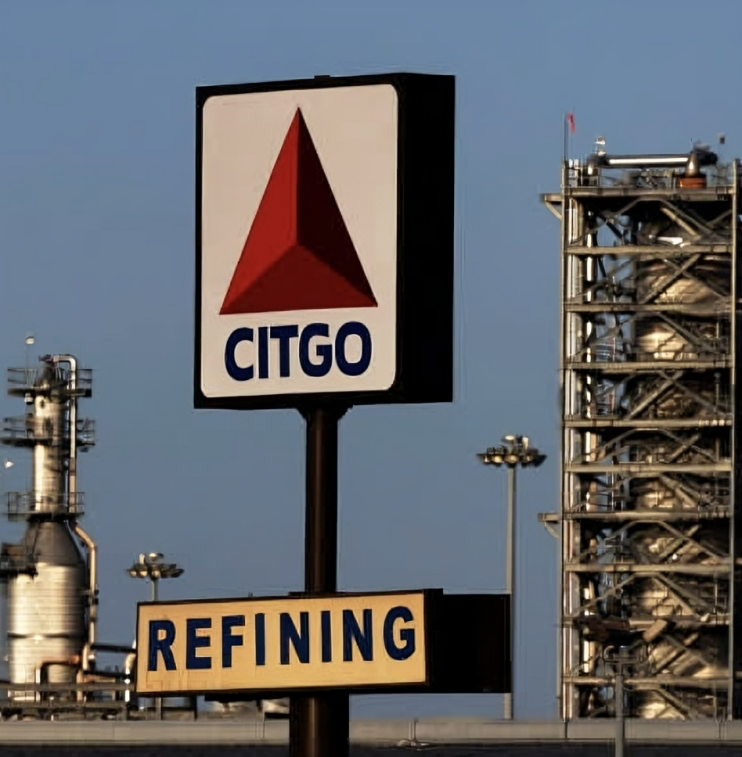The fight to acquire Citgo Petroleum, the seventh-largest oil refiner in the United States, has intensified. A court overseeing the auction of shares in Citgo’s parent company, Venezuela’s PDVSA, is allowing bidders to increase their initial offers submitted by the June 11th deadline. This move comes after at least one credit bid was received in the second and final round of the auction process.
Second Chance for Higher Bids Boosts Sale Potential
The ability to raise bids after the deadline increases the court’s chances of achieving a fair market value for Citgo. This is a positive development and could attract even higher offers from major players already involved. These include hedge funds like Elliott Management and private equity firms like Centerview Partners. Traditional energy companies with an interest in Citgo include ConocoPhillips and Koch Industries.
The highest offer received in the first round of bidding back in January 2024 was $7.3 billion, falling short of Citgo’s estimated value of $11 billion to $13 billion. The 18 creditors involved in the Delaware court case are collectively seeking $21.3 billion in compensation.
Details of the bids submitted in this second round have not been made public. An attorney for the court-appointed auction supervisor declined to comment on the specifics. Citgo’s board of directors, which severed ties with PDVSA in 2019, has also remained silent on the matter.
Second Round Winner Expected in Mid-July
The bids are currently under evaluation by a court-appointed official with assistance from investment bankers at Evercore Group. The court expects to announce the winning bid by July 15th. However, Venezuela and some U.S. lawmakers are pushing for a 60-day pause in the auction process until Venezuela’s upcoming presidential election. Their hope is that a new government might lead to a broader debt restructuring agreement.
The auction includes a mechanism for “topping off” offers. This allows a winning credit bid, submitted by a group with a financial claim against Venezuela, to be increased to cover the full amount of the claim. For example, Gold Reserve, a company with a $1 billion claim against Venezuela, used this strategy in their bid.
To prevent last-minute attempts to snatch victory, the court has established a minimum threshold of $100 million for any offer attempting to outbid the frontrunner.
Uncertainty Looms as Auction Progresses
With the bidding process still ongoing and the potential for a Venezuelan appeal, the future ownership of Citgo remains uncertain. The coming weeks will be crucial in determining the fate of this valuable asset and the outcome of the long-running legal battle.
Venezuela’s government is requesting a delay in the auction process, arguing that the outcome could be influenced by the upcoming presidential election. Moreover, they believe a new government might be more receptive to a broader debt negotiation that includes Citgo’s ownership. The court has not yet made a decision on this request.
The sale of Citgo will have significant implications for both Venezuela’s economy and U.S. energy security. Citgo is a major source of revenue for Venezuela, and its sale could further strain the country’s already dire economic situation. However, a successful auction could also benefit the United States by ensuring the continued operation of a major oil refinery and supplier of gasoline.
Source: Reuters



